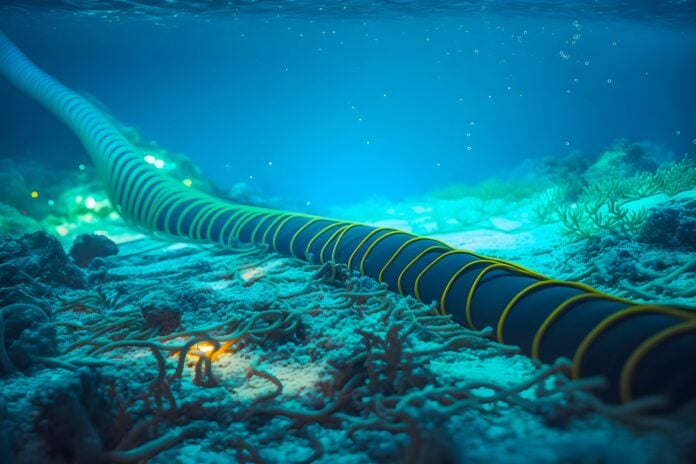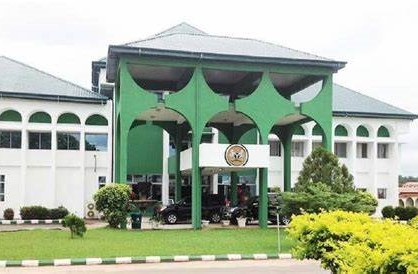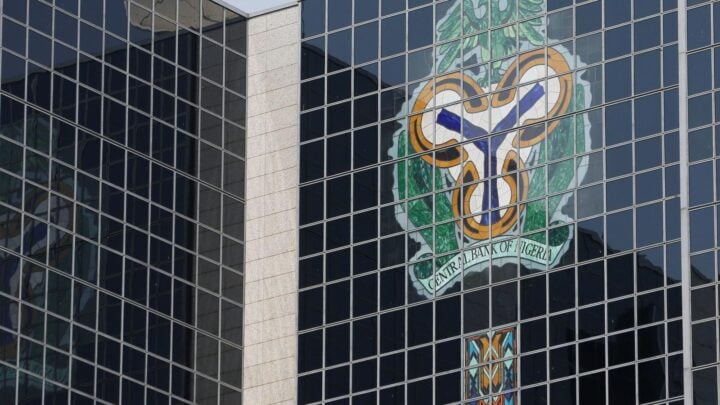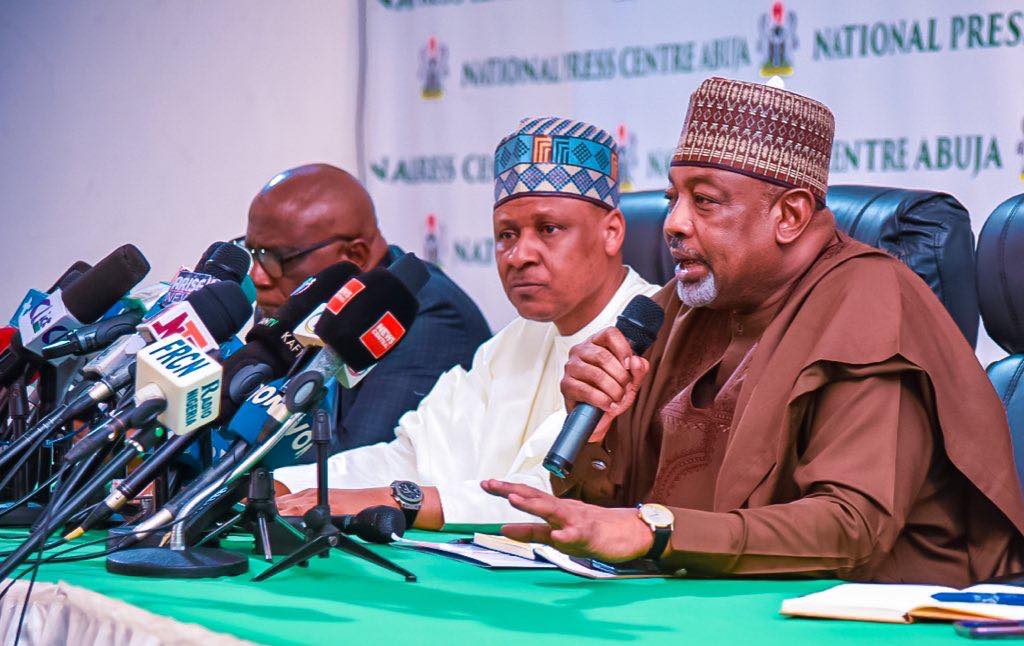Communication cable laid at the bottom of the sea, fiber optic, telephone Internet and other types of communication. Generative AI
MTN Group says Bayobab, its subsidiary, has successfully restored its operations — recovering over 3 terabits per second (Tbps) of capacity across its footprint.
On March 14, submarine cable cuts had affected subsea cable service providers and disrupted internet traffic in major parts of Africa.
The damage affected major undersea cables near Abidjan in Côte d’Ivoire including the West Africa Cable System (WACS), the Africa Coast to Europe (ACE), MainOne, and SAT3.
In Nigeria, banking and telecommunications services were gravely disrupted.
Advertisement
MTN had confirmed that the poor internet connectivity experienced by customers was due to breaks in multiple major undersea cables.
On March 18, the network provider, in a message to subscribers, said recovery efforts were going on, adding that its network had partially improved.
Providing further updates in a statement on Tuesday, the telecom giant said Baobab, its subsidiary has restored its operations.
Advertisement
“Although the recent subsea cable disruptions on 14 March 2024 presented challenges, we have demonstrated our capabilities to maintain a resilient network and efficiently reroute traffic,” MTN said.
“Throughout this challenging period, we prioritised the restoration of services by swiftly activating new cables to increase inter-connectivity and establish alternative routes, thereby bolstering our network resilience.
“This approach solidifies our commitment to prioritising network reliability, and our dedication to connecting Africa and our customers as quickly as possible marking the final stretch toward connecting all our valued customers.
“Bayobab’s ecosystem facilitates secure and scalable global traffic within Africa and the rest of the world serving 19 MTN markets, third-party mobile network operators, technology corporations and other telecoms service providers.”
Advertisement
The Nigerian Communications Commission (NCC) had also said voice and data services were 90 percent restored.
Add a comment






